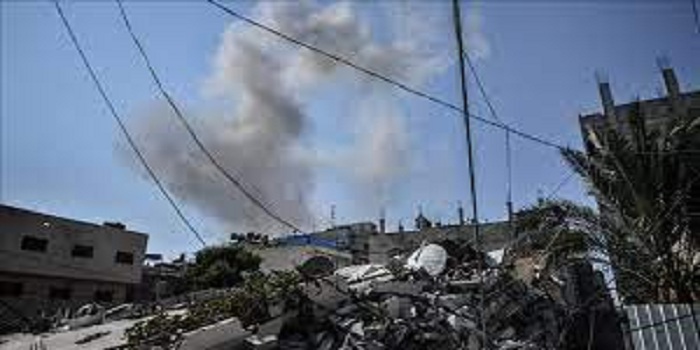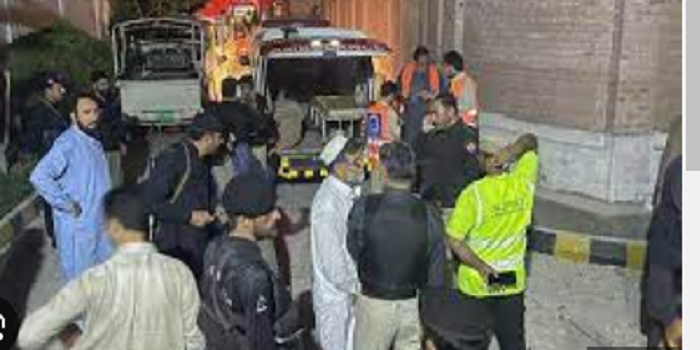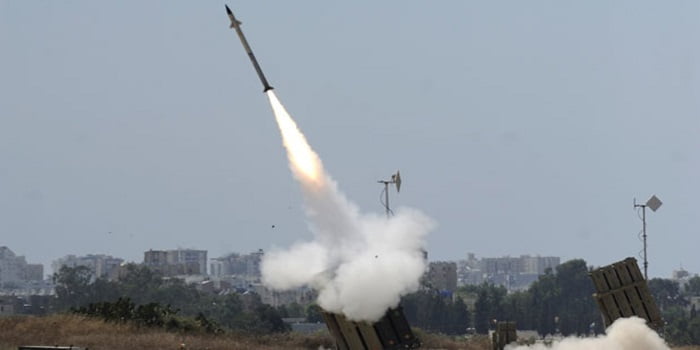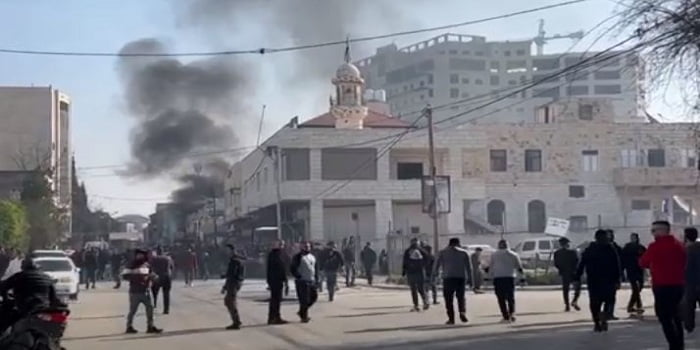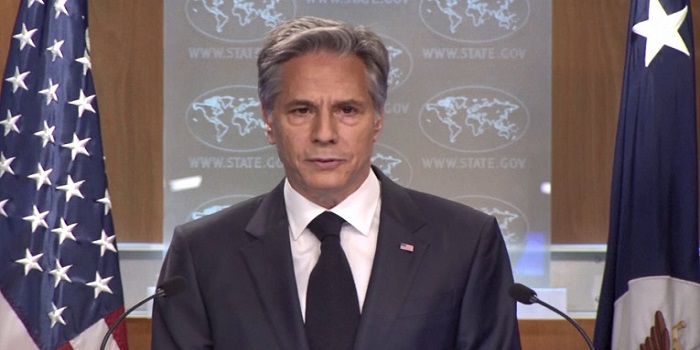Ukraine war: 2 dead after ‘attack’ on Crimea bridge

A file photo of the bridge connecting mainland Russia with occupied Crimea
Two people have died after an “attack” on the bridge linking the occupied Crimean peninsula to Russia, reports BBC.
The head of Crimea’s parliament blamed Ukraine for the incident, state media reported, but Kyiv is yet to officially comment.
The Kerch bridge was opened in 2018 and enables road and rail travel between Russia and Crimea – Ukrainian territory occupied by Moscow’s forces since 2014.
Russia’s transport ministry said the bridge’s supports were not damaged.
The ministry said investigations were ongoing, but unconfirmed reports said explosions were heard early on Monday.
It is the second major incident on the Kerch bridge in the past year. In October 2022, the bridge – which is an important supply route – was partially closed following a major explosion. It was fully reopened in February.
Vyacheslav Gladkov, governor of the western Russian region of Belgorod, said in a Telegram statement that two people, the parents of a young girl, had died in the incident – which he simply labelled an “emergency”.
Unverified photos posted by the spokesperson for the Odesa military administration showed debris on the road across the bridge, and damaged railings.
Grey Zone, a Russian Telegram channel with links to the Wagner group said the bridge was likely damaged by an underwater drone launched into the bridge by Ukraine.
The head of Crimea’s parliament, Vladimir Konstantinov, also pointed the finger at Ukraine, according to Russian state news agency RIA Novosti.
And a source within Ukraine’s intelligence service, the SBU, told the BBC’s Russian service that it had carried out the attack alongside the navy’s special forces.
Ukrainian media similarly reported that sources within the agency had claimed responsibility for the attack in off the record briefings. The BBC cannot independently verify the claims.
Speaking to Ukrainian media, spokesperson for Ukrainian intelligence Andriy Yusov would not comment on the causes of the latest incident, but did describe the bridge as a “needless structure”. He also said that any logistical challenges experienced by Russia could help create “potential advantages for the Ukrainian defence forces”.
But a spokesperson for Ukraine’s southern military command, Natalia Humeniuk, said the incident could be an act of provocation from Moscow.
Writing on Telegram, Sergey Aksyonov, the head of the Russian administration in Crimea, said: “Traffic was stopped on the Crimean bridge. An emergency occurred in the area of the 145th support from the [Russia side of the bridge].
“Measures are being taken to restore the situation. I ask residents and guests of the peninsula to refrain from traveling through the Crimean bridge and, for security reasons, choose an alternative land route through new regions.”
This is how Russia refers to the Ukrainian territories it occupied last year – Kherson, Zaporizhzhia, Luhansk and Donetsk – and claims to have annexed.
BBC Russian reported that the ferry crossing that runs parallel to the bridge was closed, while Russia state media agency TASS cited the local rail operator as saying train traffic may be affected.
Even now, the exact cause of the explosion last October remains unclear. Footage from the time showed a huge fireball erupting as a number of cars and lorries made their way across the bridge.
In the months before the incident, Ukrainian officials had repeatedly suggested that the bridge would be targeted, but in the days that followed, Kyiv declined to claim responsibility.
The latest incident comes amid a much-anticipated counteroffensive by Ukrainian forces which aims to retake territory in southern and eastern Ukraine.
Monday is also the day on which a deal that has allowed grain to leave Ukrainian ports since it was brokered by the UN last year is set to expire.
Ukraine and Russia are among the world’s top grain exporters, and the deal was reached amid fears that the war would lead to global food shortages, but Russia has so far refused to agree to an extension.




